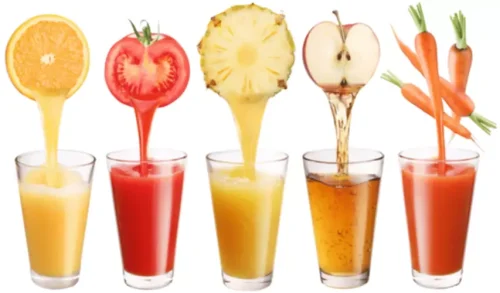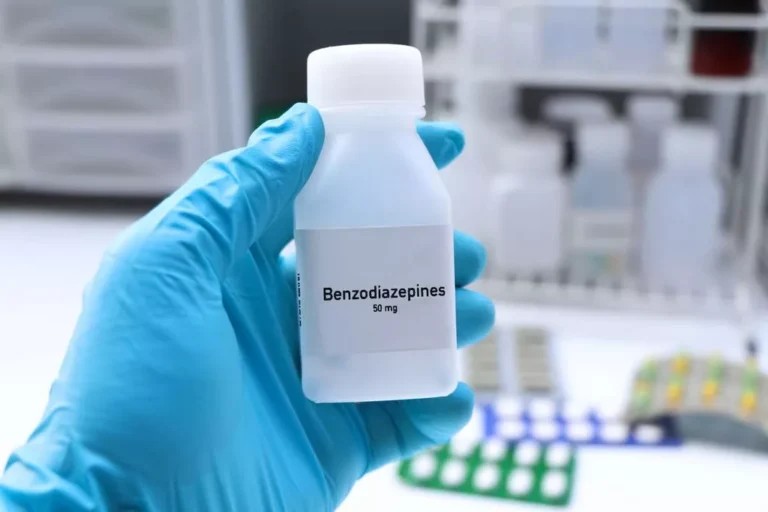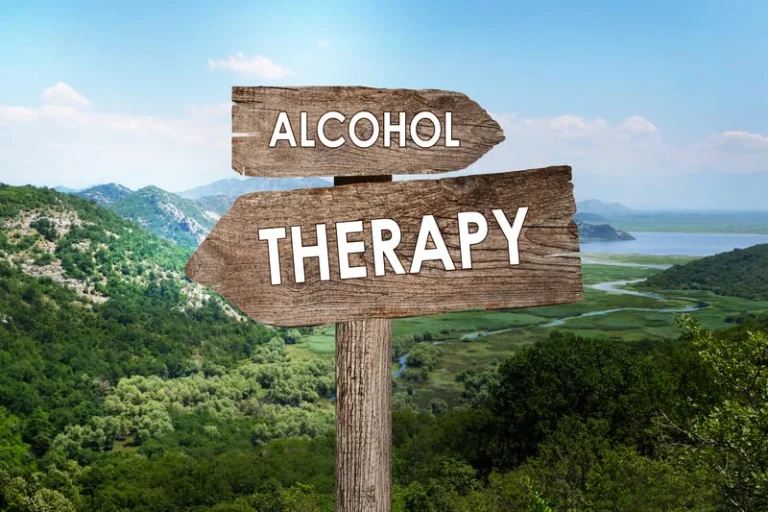
It doesn’t have to be religious – it can be anything that gives you strength and hope. For some people, nature or the universe might be their Higher Power. When we have the first sip of a drink, or whiff of a drug, it is then controlling our bodies. Once we indulge in the first drink, our judgment and normal concerns are skewed. Alcoholics Anonymous often makes reference to the publication of WIlliam James, “The Varieties of Religious Experiences,” which was published in 1902.
- I experienced all of the above signs of Complicated Grief but I can now see that I’m at the other side of it.
- If you can relate to these feelings, you might be experiencing soul loss, which is what inevitably leads to something known as the Dark Night of the Soul.
- I have known for about a year now that I had not grieved properly when I was seven after my mom died.
- Walking meditation, using labyrinths, and mandalas are also effective methods for finding peace and clarity.
- So physical cravings are not the primary reason we slip.
- If you don’t believe in Jesus, or you’re not sure what you think about Him, that’s okay.
Final Thoughts on Living the Spiritual Life and Recovery
While AA promises that the Higher Power can “restore us to sanity” when “the spiritual malady is overcome,” we’re never entirely free. Granted, it’s better to be dependent on a self-help group instead of on an addictive substance, but for some, it can feel like being stuck in permanent limbo. So physical cravings are not the primary reason we slip. Well, if you’ve been in Celebrate Recovery or any 12-step program for a while you know that, for most people who are actively working the steps, over time the mental obsession dissipates. I remember my wife Deb coming home from her first Overeater’s Anonymous meeting.

Personal Relationships and Recovery

But first, it’s crucial that you understand the difference between a spiritual experience and a religious one. While I could go on forever on the differences between these two ideas, I’ll keep it as simple as possible. When the Big Book of Alcoholics Anonymous was written and published in 1939, the times and language of those times was incredibly different than modern times. This is one of the reasons that Big Book study groups have become so popular among recovering alcoholics.
What About God?

In the lives of many AA members, including an alcoholic’s life, the spiritual malady appears as a profound void—an emptiness we often try to fill with alcohol and other external things. This emptiness gives rise to feelings of resentment and discontent, which in turn aggravates our spiritual sickness. Living a double life, with one side consumed by alcohol, only deepens this malady. As highlighted in the Big Book, surmounting this spiritual malady is key to achieving mental and physical recovery from untreated alcoholism. Critics argue that the term “spiritual malady” might miss the scientific nuances of addiction, which include brain chemistry alterations and cognitive distortions.
- Last year I was diagnosed with diabetes, which I’ve written more about here.
- This is the type ofspiritually maladapted behaviorthat we typically exhibit in active alcoholism.
- This includes finding a sense of spirituality in the majesty of the Rocky Mountains.
- This is a proven process has helped literally millions of people all over the world recover from addictions and compulsive behaviors.
The Dark Night is what happens when we feel totally disconnected and cut off from the Divine. Life may feel hopeless, desolate, and totally void of meaning. We may carry the sense that we’re like the living dead, dragging ourselves through an existence that leaves us feeling nothing but pain, disappointment, and sorrow. There are also many great detox facilities in Glenwood Springs that can help people get the physical component of addiction out of their system and under control. This also includes creating addiction relapse prevention plans so that the first drink is never taken, and thus, the physical allergy is never triggered.
- It’s really not my mind — the mental obsession — that is the underlying root of what will take me back to drinking.
- I was out of work for about three months and I cried every day, I had nightmares when I did manage to sleep to the point where I would force myself to stay awake as long as possible.
- And yet, if you’ve spent any time around AA folks, chances are the term has come up.
This connection with a power greater than ourselves is not necessarily religious but is about finding a profound spiritual grounding. Thankfully, the “spiritual malady” is no longer a “missing piece” of Step One for me. It is a reality of my powerlessness and unmanageability and enables me to see why I so desperately need to spiritual malady seek a Power Greater than myself. And unless this malady is recognized, and a course of action (the Twelve Steps) is taken to enable God to remove it, the root of our alcoholic illness can lie dormant and burn us when we least expect it. Thankfully, the “spiritual malady” is no longer a “missing piece” of Step One for me.

If you are a deep feeler who has always been sensitive, you might be an empath and/or HSP. Consequently, you feel pain (and joy) to a greater degree than others. If this is the case, it’s important that you learn about your needs, in whatever way possible.
